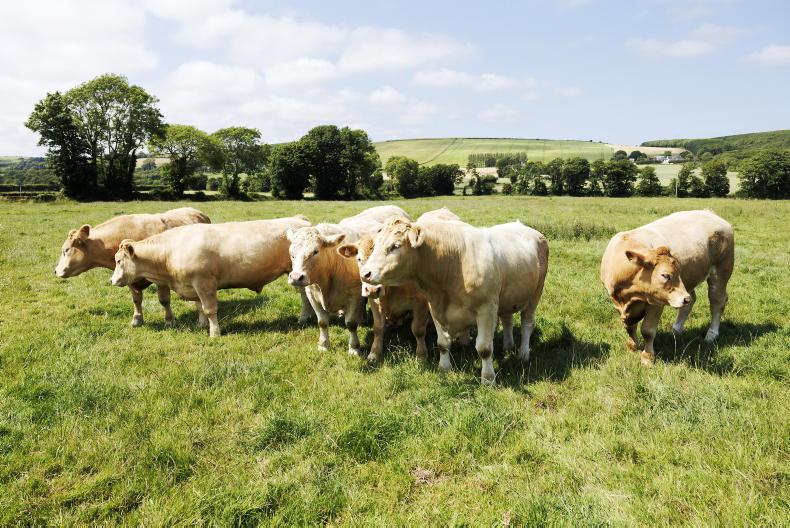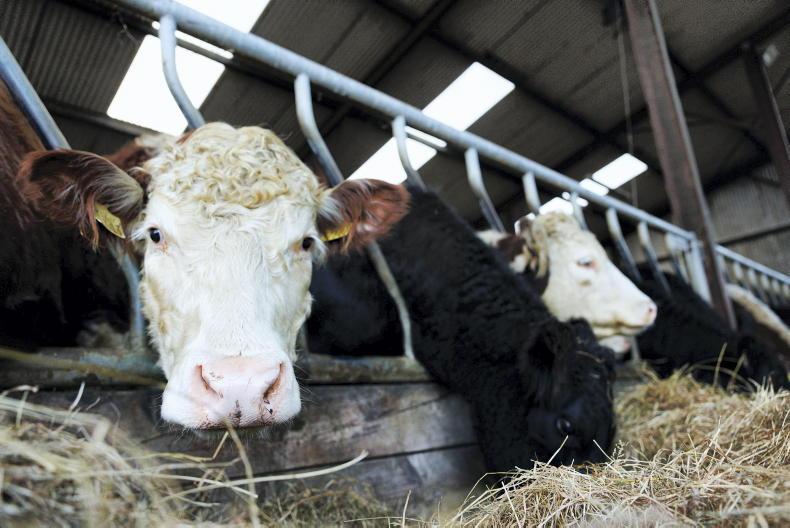The long-awaited agrifood regulator is a step closer to existing, with the act establishing said regulator passing its second stage in the Dáil. Farmers will welcome the fact that the regulator will be able to properly get under the bonnet of what is going on in the supply chain in the grey zone, from when the animal is dropped off at the factory gate until the end product appears on a supermarket shelf or a restaurant plate.
It is what happens in this zone that causes most farmer to distrust factories in particular, but also supermarkets and other end users. Meat processing in Ireland is extremely secretive, as it is an exclusively privately-owned business and only one middle-sized processor publishes annual accounts.
This contrasts with the dairy industry, which is predominantly co-op-based, with farmer participation on boards. Part of factory owners’ reluctance for greater transparency comes from a fear that publishing information about the business will weaken them against their competitors.
Reasons for secrecy in factories
Historically, there may have been some justification for this, as breaking a carcase into a multitude of component parts for sale in different markets is a complex process. Getting one part wrong could quickly move any profit on an animal into a loss for the factory and as the processing industry developed, there was a huge effort to keep customers and sales values hidden from competitors.
However, meat processing now is more streamlined in that the major factory groups have supermarket and burger chain customers that buy a high percentage of their meat and relatively little is traded on the spot market.
If the regulator is to succeed, they must be able to demonstrate to farmers that they are their eyes and ears
The spot market is now dominated by the smaller processors, who also frequently sell significant volumes of their production to larger factory groups.
Not knowing what is going on is what creates suspicion with farmers, and if the regulator is to succeed, they must be able to demonstrate to farmers that they are their eyes and ears on what is going on in the hidden part of the supply chain.
Government must also be prepared to pass whatever legislation is necessary and the regulator must use it, otherwise the office will be a waste of time.
US model
The US meat industry sets the benchmark for transparency. Sales prices, volumes and stock levels of beef cuts are published twice daily, enabling farmers to judge for themselves the strength or weakness of the market. The US has a considerable volume in place for decades to underpin the publication of comprehensive information and yet there have been numerous investigations carried out on factory buying and pricing of livestock from farmers.
At the end of 2021, the Biden administration got involved to create an investment fund of $1bn to encourage the development of independent processors. This is to bring competition to an industry in which 85% of production is carried out by four factory groups, who made astronomical profits in 2021 as food price inflation was on the way up.
Transparency hasn’t hindered the success of meat processing in the US and it wouldn’t do so here either. Factories were reluctant to publish individual factory beef prices up until 20 years ago and it was only agreed as part of a resolution of a farmer-factory dispute at the time. This act of giving farmers more knowledge helps their decision-making and hasn’t damaged the Irish beef processing industry either. Unfortunately, the same doesn’t apply with lamb prices.
Farmers are also guilty of not being sufficiently engaged on the issue unless prices are at rock bottom. These issues are best resolved outside a time of crisis and a dedicated regulator can invest the time and effort in building transparency, but they must have the tools that are required to do so.
Farmers and factories are mutually dependent and should be on the same side given the external challenges confronting the sector in the coming years.
Trust is the foundation that is required for building a relationship that has been much too shaky up until now. The regulator is probably the last best chance to sort it out.









SHARING OPTIONS